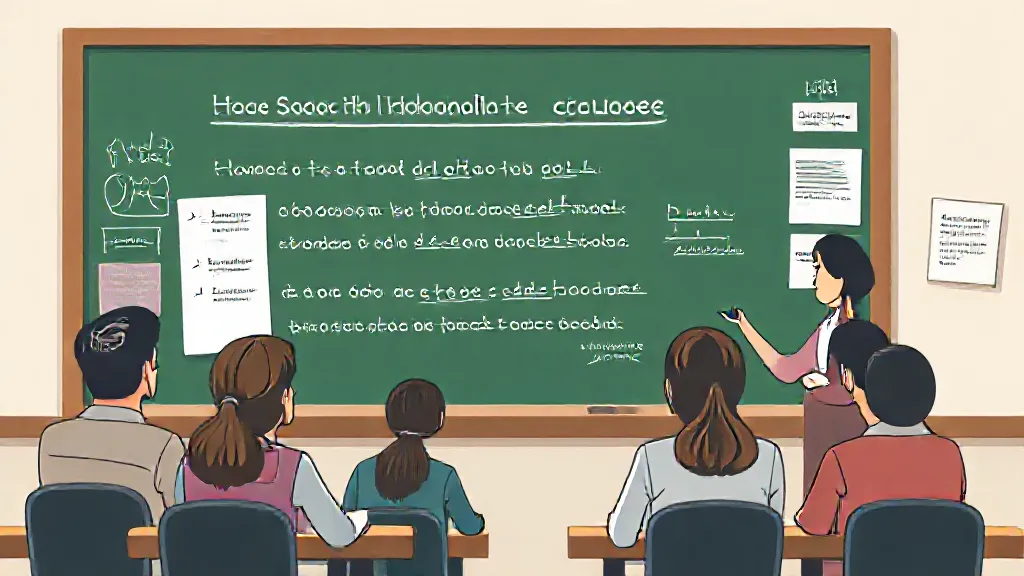Subordinate clauses, also known as dependent clauses, play a crucial role in sentence structure by adding depth and detail. However, their use comes with a set of challenges that can hinder clarity and comprehension, especially in educational contexts. This article explores the various difficulties associated with subordinate clauses, providing insights into how they impact writing and communication.
Understanding Subordinate Clauses
A subordinate clause cannot stand alone as a complete sentence; it relies on a main clause to provide meaning. For example, in the sentence "Although it was raining, we went for a walk," "Although it was raining" is the subordinate clause. This structure allows for more complex ideas but can also lead to confusion if not used correctly.
Understanding the function of these clauses is essential for both teachers and students to enhance writing skills.
Clarity and Comprehension Issues
One of the primary challenges of using subordinate clauses is the potential for ambiguity. When sentences become too complex, readers may struggle to identify the main idea.
For instance, "The teacher, who had just returned from a conference, explained the new curriculum to the students" contains a subordinate clause that, while informative, can distract from the main point. Educators must emphasize clarity in writing to ensure that students can effectively communicate their ideas without losing their audience.
Overuse and Sentence Length
Another challenge is the tendency to overuse subordinate clauses, leading to excessively long sentences.
This can make writing cumbersome and difficult to follow. For example, "The student, who had studied diligently for the exam, which was known to be particularly challenging, managed to pass with flying colors" is convoluted. Educators should encourage students to balance their use of subordinate clauses with concise language to maintain reader engagement.
Punctuation and Grammatical Errors
Subordinate clauses introduce specific punctuation rules that can be confusing for many learners. Misplaced commas or incorrect conjunction usage can lead to grammatical errors that affect the overall quality of writing. For instance, "Although the project was due tomorrow we will start it today" should include a comma before "we.
" Teaching students the correct punctuation associated with subordinate clauses is essential for improving their writing mechanics.
Cohesion and Coherence Challenges
Maintaining coherence and cohesion in writing is another challenge presented by subordinate clauses. When multiple subordinate clauses are used in a single sentence, the connection between ideas can become tenuous.
For example, "Because the weather was nice, and since we had no homework, we decided to go to the park" may confuse readers about the primary reason for going to the park. Educators should encourage students to use subordinate clauses strategically to support their main ideas rather than detract from them.
Teaching Strategies to Overcome Challenges
To address these challenges, educators can employ various teaching strategies.
Using graphic organizers can help students visualize the relationships between clauses. Additionally, practice exercises focusing on sentence restructuring can enhance their understanding of how to effectively integrate subordinate clauses. By providing constructive feedback on their writing, teachers can guide students toward improved clarity and coherence.
The Role of Context in Clause Usage
Context plays a significant role in how subordinate clauses are perceived and understood. The same subordinate clause can convey different meanings depending on its placement within a sentence. For instance, "If you study hard, you will pass" versus "You will pass if you study hard" demonstrates how context can shift emphasis.
Educators should highlight the importance of context in writing to help students develop a more nuanced understanding of clause usage.
Conclusion: Navigating the Challenges
In conclusion, while subordinate clauses enrich writing by adding complexity and detail, they also present several challenges that can impede communication. By understanding these challenges and employing effective teaching strategies, educators can help students navigate the intricacies of subordinate clauses.
This, in turn, will enhance their writing skills and overall academic performance, preparing them for more advanced levels of education.
